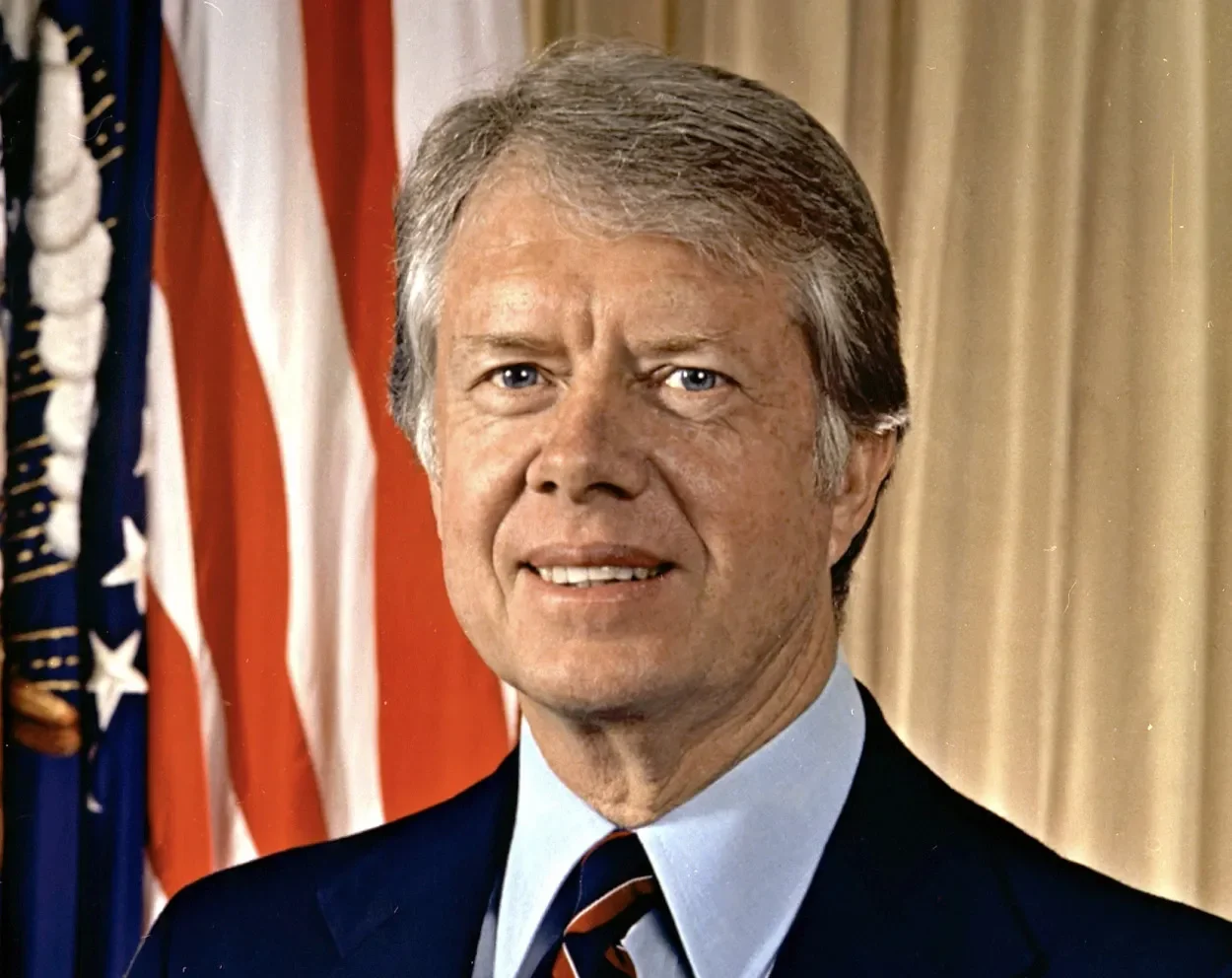
The death of Jimmy Carter, announced on Dec. 29, ended a remarkable journey for our nation’s 39th president.
He should be lauded for his kindness and humanitarian spirit. His service to the United States came at a much different time than we face today.
As a peanut farmer from Plains, Georgia, Carter caught the attention of agricultural interests. As a freshman at Hoxie High School, our government teacher, Mr. Mauck, made sure we watched the debate between Carter and President Gerald Ford in fall 1976.
Even in northwest Kansas, a long-time Republican stronghold, Carter’s interest in agriculture, his Christian faith and trademark smile made him an intriguing figure, particularly in the aftermath of Watergate.
He didn’t win Kansas, and Ford’s running mate was U.S. Sen. Robert Dole of the Sunflower State. Many in agriculture, though, had hopes that Carter’s involvement in production agriculture would help the industry and help the country to understand the plight of farmers, ranchers and small businesses in rural communities.
Carter became an early champion of renewable and alternative fuels and created the Energy Department in 1977, his first year in office.
The seeds of the farm crisis — runaway inflation, record interest rates and a difficult time for crop and cattle farmers — changed agriculture’s narrative.
In his presidency, it didn’t take long to see Carter that struggled with Congress, and while he was admired for his plain-talking style, he had little influence on matters that farmers and ranchers cared about the most.
His grain embargo with the Soviet Union in January 1980 as Russia’s penalty for the invasion of Afghanistan sent wheat prices tumbling, and while 1979 represented a good year for farm income, the headwinds of inflation and higher input costs associated with an oil crisis were eating away at bottom lines. Farmers from the American Ag Movement drove their tractors to Washington, DC, in 1979 as a protest to stop farm foreclosures.
The Federal Reserve, under the direction of Chairman Paul Volcker, began increasing interest rates to curb inflation during Carter’s only term. The policy worked but sent interest rates to record levels by the early 1980s, and farm equity plummeted. Incoming president Ronald Reagan inherited the worst of the farm crisis era that was only rivaled by the Great Depression.
Carter’s second life as a former president was more noteworthy as he began to be at ease as a humanitarian. His work with Habitat for Humanity provided people with hope about mankind. His willingness to help other countries to ensure they had safe and secure elections took root, and his interest in the Middle East peace process was always close to his heart. Those actions — designed to create a more peaceful world — were beneficial to rural interests, too.
Carter served in the Navy in World War II. He was a Christian who regularly attended church services, taught Sunday school, prayed and read scriptures. He also demonstrated his love of his late wife, Rosalynn, and his children and grandchildren.
Those attributes should never be forgotten, and, as a peanut farmer, he was grounded in what was important. In the end, that shined.
Dave Bergmeier can be reached at 620-227-1822 or [email protected].




